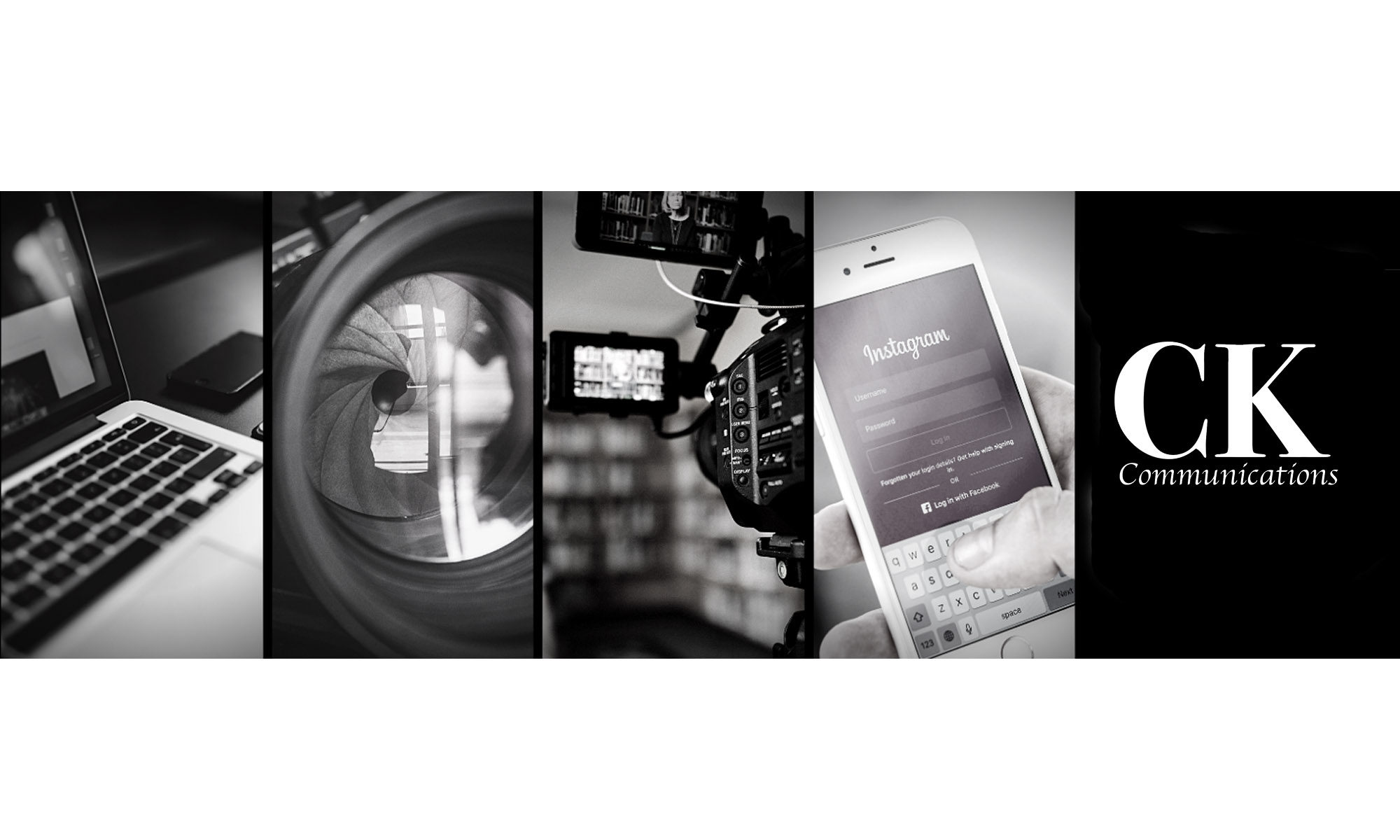The legal dispute between Blake Lively and Justin Baldoni is not just a celebrity scandal—it serves as a wake-up call for public relations practitioners. The lawsuit highlights ethical concerns that can tarnish the reputation of the PR industry, making it imperative to address the detrimental impact of questionable practices on the field.
The Core Issue: Alleged Deceptive PR Tactics
One of the lawsuit’s central allegations is the use of astroturfing—a deceptive PR strategy that creates fake grassroots movements to manipulate public opinion. Lively claims Baldoni’s team orchestrated a smear campaign to damage her reputation, portraying her as “difficult” and “controlling.” This tactic, if true, undermines the trust and transparency that are the foundation of ethical public relations.
Astroturfing is not just ethically dubious; it damages the credibility of the entire PR profession. It reinforces stereotypes that PR is about “spin” and manipulation rather than genuine communication and relationship-building.
Impact on the PR Industry
- Erosion of Trust: Public relations professionals rely on trust—whether it’s from clients, journalists, or the public. Allegations of unethical practices like those in this case can make stakeholders more skeptical of PR campaigns, even when they are conducted with integrity.
- Harm to Industry Reputation: High-profile cases involving unethical PR practices garner significant attention, painting the entire profession in a negative light. Practitioners who adhere to ethical standards may find themselves battling unfair assumptions and increased scrutiny.
- Legal and Ethical Fallout: If the allegations are substantiated, it could lead to stricter regulations on PR practices, particularly in industries like entertainment. While this might curb unethical behavior, it could also increase the complexity of managing legitimate campaigns.
Lessons for PR Practitioners
This lawsuit highlights several key lessons for those in the field:
- Prioritize Ethics Over Outcomes: Short-term victories achieved through deception can lead to long-term damage to your client’s reputation—and your own.
- Emphasize Transparency: Public relations should aim to build genuine relationships and foster open communication. Transparency not only protects your reputation but also enhances the impact of your work.
- Stay Accountable: PR practitioners must hold themselves and their teams accountable for the ethical execution of campaigns. Strong internal checks and balances can help prevent lapses in judgment.
Why This Matters Beyond PR
The consequences of unethical PR practices extend far beyond the profession. In the case of Lively and Baldoni, the alleged tactics could harm their personal brands, influence public discourse on workplace harassment, and set a dangerous precedent for future disputes in the entertainment industry. As PR professionals, we have a responsibility to advocate for honesty and fairness in all aspects of communication.
Moving Forward: Rebuilding Credibility
To counteract the negative impact of cases like this, the PR industry must:
- Educate practitioners on the importance of ethics and transparency through training and certification programs.
- Hold practitioners accountable by implementing and enforcing stricter industry standards.
- Publicly champion ethical practices to rebuild trust with stakeholders.
By addressing these challenges head-on, the PR profession can reestablish itself as a credible and valuable partner in shaping public narratives.
The Blake Lively-Justin Baldoni lawsuit serves as a cautionary tale. It reminds us that unethical behavior not only harms the individuals involved but also casts a shadow over an entire industry. For public relations professionals, this is a critical moment to reaffirm our commitment to transparency, trust, and ethical communication.

